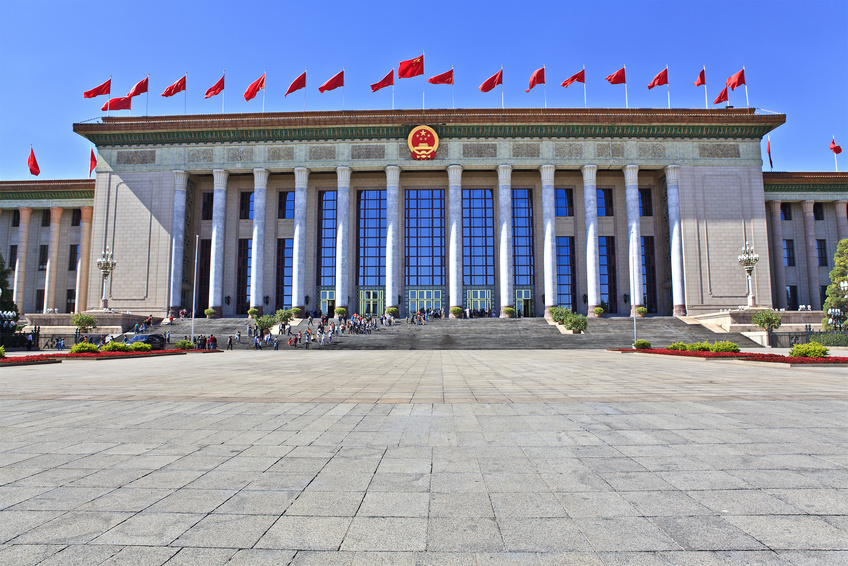The proliferation of fintech start-ups in the past decade has indeed injected new, vibrant sources of competition into several spheres of financial service provision, such as payments. Yet the power of industry incumbents and their vertically integrated models, in banking and other industry sub-sectors, remains largely undiminished. The modularization of financial services promises to change this, prying open entire value chains to small, digitally adroit providers of specialized services.
With a population of just over 100,000, Labuan is a small Malaysian island located off the coast of Borneo in Southeast Asia. Little known to most is that Labuan, a federal territory of Malaysia, has a special status as an International Business and Financial Centre (IBFC). Prior to its rebranding as an IBFC in 2008, in the 1990s, Labuan was initially declared as an international offshore financial center.
On 13-15 June 2023, the European securitization industry gathered in Barcelona for the 27th edition of the Global ABS conference. With the expansion of market products on offer and updated regulation coming into force in the near term, there is expected to be plenty of opportunities and long-term growth for securitization as a funding tool. The Baker McKenzie securitization teams across Europe have put together the following ‘key takeaways’, based on our discussions with market participants, general sentiment and some excellent panel sessions.
With effect from 16 May 2023, Ukrainian borrowers are allowed to make payments from Ukraine abroad to repay and service certain cross-border loans from foreign lenders. The exempt payments should not be made prior to the payment date stipulated in the relevant loan agreement. The National Bank of Ukraine has expressly prohibited any amendments to the existing loan agreements that would shorten the payment terms thereunder.
In announcing its Strategic Plan for Australia’s Payments System, Treasury has provided the clearest direction to date on how it plans to modernize and revamp the regulatory framework for payments in Australia. It outlines the Australian Government’s key priorities and initiatives for modernizing and regulating payments systems in coming years. This announcement follows a very broad consultation on its strategic plan and a number of reviews undertaken in this space.
Bank Negara Malaysia (i.e., the Central Bank of Malaysia) (BNM) had on 1 June 2023 updated its existing Risk Management in Technology Policy Document to provide further guidance on the use of cloud services to be adopted by selected financial institutions. These changes take effect on 1 June 2023 (for licensed digital banks and licensed Islamic digital banks) and 1 June 2024 (for all other financial institutions).
Cyber fraud continues to pose a significant threat to businesses and individuals in Hong Kong and elsewhere around the world. According to the official statistics for Hong Kong, 2022 saw a significant increase of deception cases of over 8,000 cases, over 70% of which were Internet-related. The Hong Kong Police has developed a ‘No Consent Regime’, which encompassed a practice of issuing so-called ‘Letters of No Consent’ to banks for accounts which contain suspected proceeds of crime, thereby triggering informal bank freezes on these accounts.
We’re pleased to present the eleventh edition of Ukrainian Laws in Wartime: Guide for International and Domestic Businesses, a brief overview of the key features of wartime legislation.
The Department of Justice issued a series of Circulars that modify criminal procedure in the Philippines, by introducing the “reasonable certainty of conviction” standard when pursuing criminal cases, and implementing procedures that ensure proactive involvement by prosecutors during case build-up.
On 16 May 2023, the China Securities Regulatory Commission (CSRC) published Guideline No. 6 on the Application of Regulatory Rules on Overseas Securities Offerings and Listings: Guidelines for Overseas Offering of Global Depositary Receipts (GDR) by Domestic Listed Companies. It provides detailed guidance from the CSRC on the registration, filing, use of proceeds and other requirements on overseas offerings of GDRs by Chinese listed companies.



